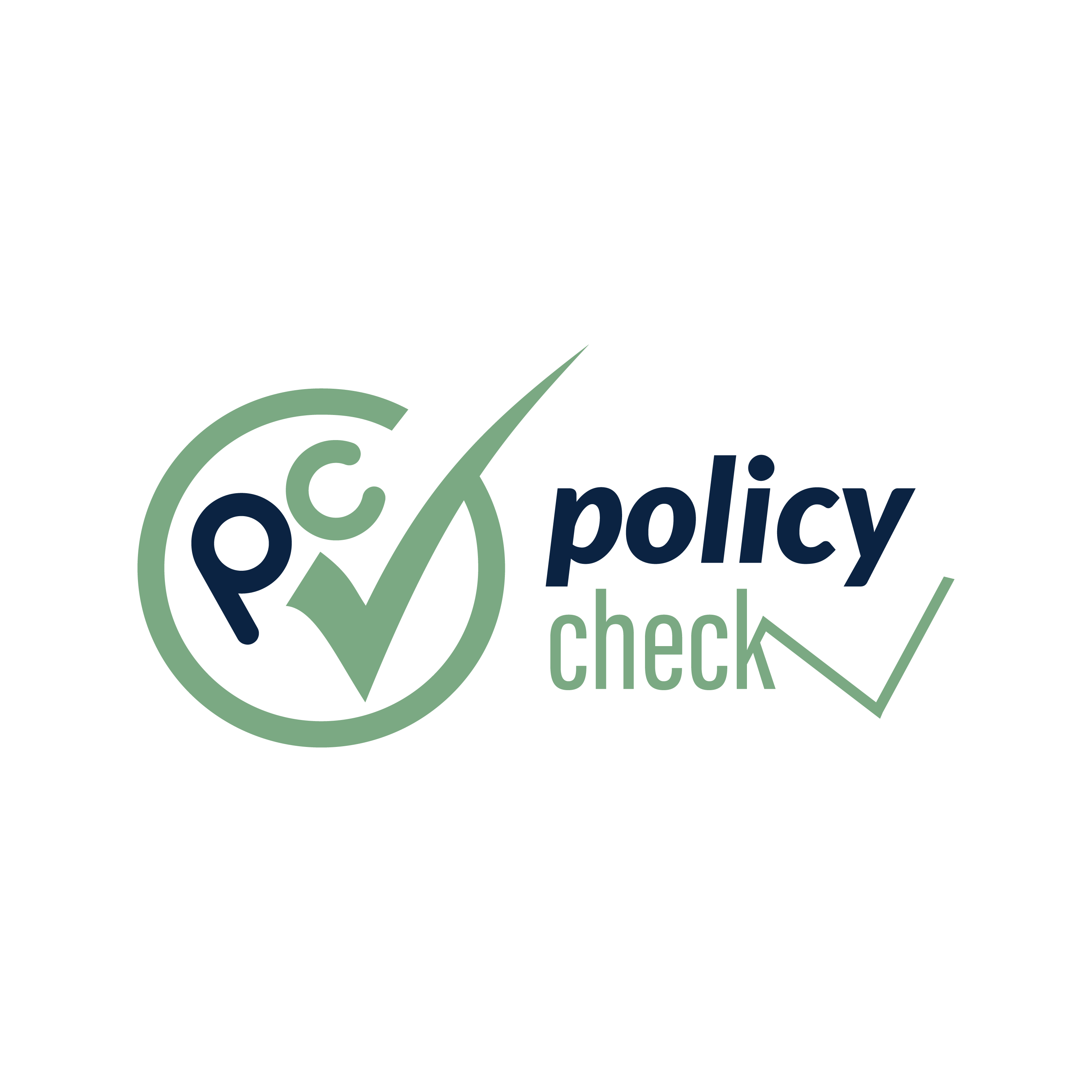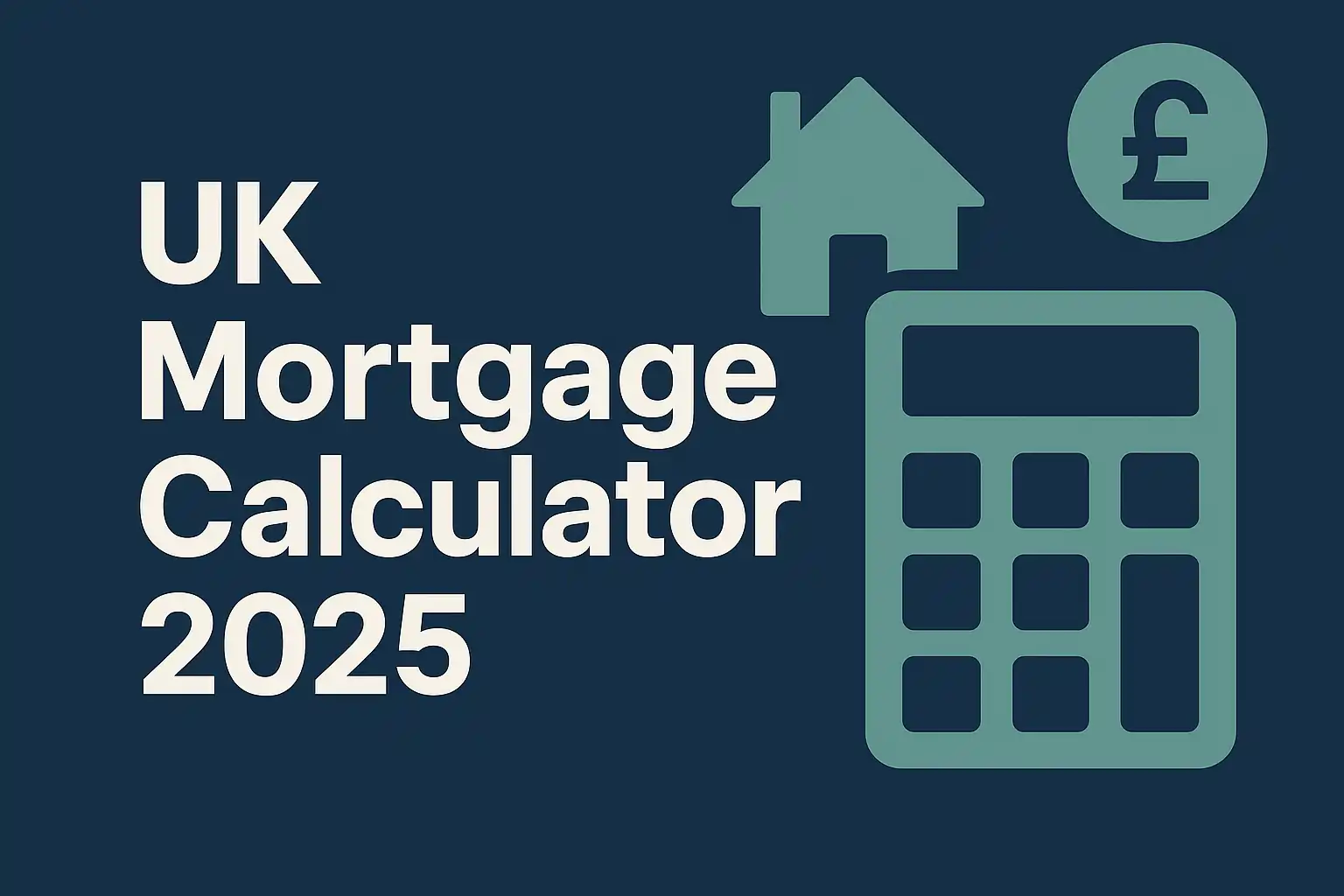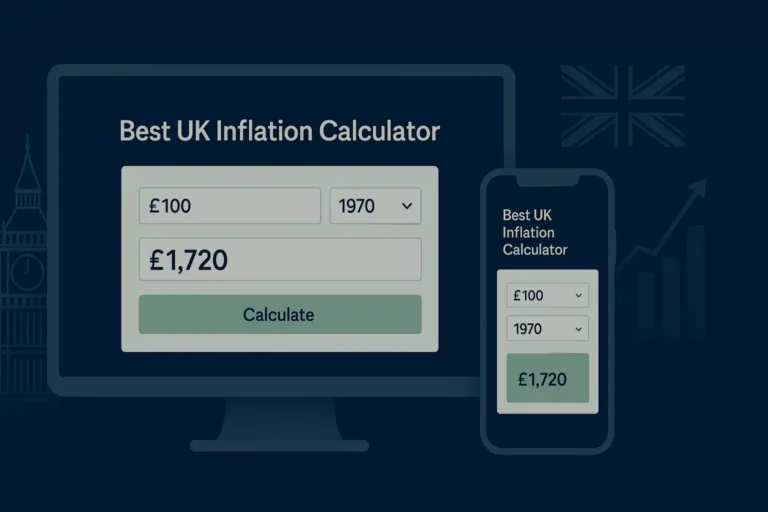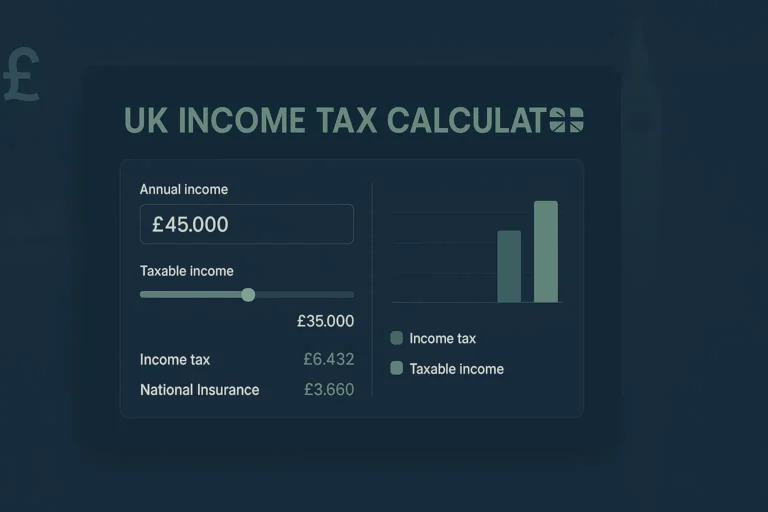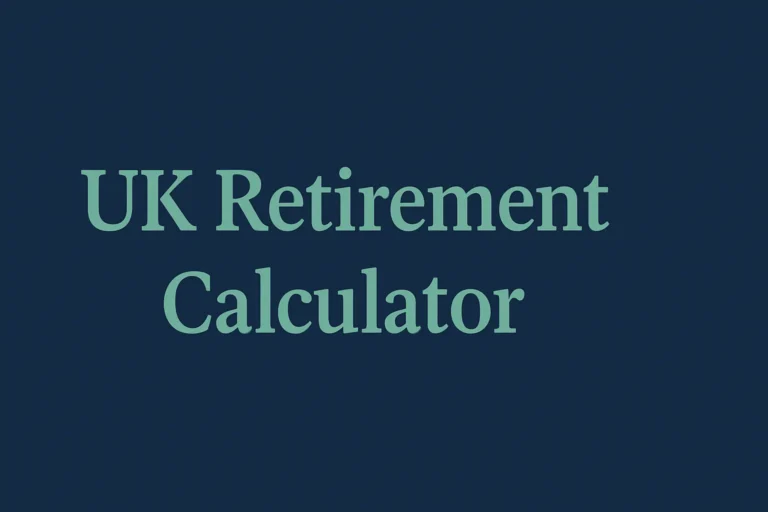UK Mortgage Calculator 2025
Calculate your monthly mortgage payments with current 2025 rates. Get accurate results and expert advice for buying your first home in the UK.
Mortgage Calculator
Your Mortgage Summary
Monthly Payment
£0
Current UK Mortgage Rates 2025
Mortgage rates in 2025 are much better than 2024. The Bank of England base rate is now 4.25%, and many lenders offer competitive deals.
Best Mortgage Rates Available
Good News for Home Buyers
Mortgage rates have dropped significantly from their 2024 highs. Many experts predict rates will fall further in 2025 as inflation stays low.
UK Housing Market 2025 Overview
The UK housing market in 2025 shows steady growth. House prices are rising at a healthy pace, and with lower mortgage rates, buying power is improving for many families.
First-Time Buyer Guide 2025
Buying your first home can feel scary, but it doesn’t have to be. Our simple guide will help you understand the process and make smart choices.
How Much Deposit Do You Need?
Most people think you need 20% deposit, but that’s not true anymore. In 2025, you can buy a home with just 5% deposit thanks to government schemes.
Money-Saving Tip
Save money in a Lifetime ISA. The government adds 25% to your savings (up to £1,000 per year). Perfect for first-time buyers!
Government Help Available
The government offers several schemes to help first-time buyers:
95% Mortgage Guarantee
Buy with just 5% deposit. Many major banks offer this scheme, making homeownership more affordable.
Shared Ownership
Buy part of a home (25%-75%) and rent the rest. Great if you can’t afford a full deposit.
First Homes Scheme
Get 30%-50% discount on new homes. Available to first-time buyers and key workers.
Help to Buy ISA
Save up to £200 per month. Government adds 25% bonus when you buy your first home.
Step-by-Step Buying Process
Check Your Credit Score
Get your free credit report. Pay bills on time and register to vote to improve your score.
Save Your Deposit
Aim for 5-10% of the house price. Use a Lifetime ISA or Help to Buy ISA for government bonuses.
Get Pre-Approved
Get a Decision in Principle from a lender. This shows sellers you’re serious about buying.
Find Your Home
Use property websites like Rightmove or Zoopla. Visit homes and make offers through estate agents.
Apply for Your Mortgage
Submit your full application. The lender will value the property and check your finances.
Complete Your Purchase
Get a solicitor to handle the legal work. Exchange contracts and get your keys!
Types of Mortgages Explained
There are different types of mortgages available. Understanding them helps you choose the right one for your needs.
Fixed Rate vs Variable Rate
Fixed Rate Mortgage
Your interest rate stays the same for a set period (usually 2-5 years).
Best for: People who want steady monthly payments
Variable Rate Mortgage
Your interest rate can go up or down based on market conditions.
Best for: People who think rates might fall
Repayment vs Interest-Only
Repayment Mortgage (Recommended)
You pay back both the loan and interest each month. At the end of the term, you own your home completely. This is the safest option for most people.
Interest-Only Mortgage
You only pay the interest each month. At the end, you still owe the full loan amount. This is risky and not recommended for most buyers.
Loan-to-Value (LTV) Explained
LTV is how much you borrow compared to the house value. Lower LTV means better interest rates.
How LTV Affects Your Rate
Hidden Costs When Buying a Home
The mortgage isn’t your only cost. Here are the extra fees you need to budget for when buying a home.
Stamp Duty
Tax paid to the government. First-time buyers don’t pay stamp duty on homes up to £300,000.
Cost: 0% to 12% of house price
Solicitor Fees
Legal work to transfer ownership. Shop around for quotes from different solicitors.
Cost: £800 to £1,500
Property Survey
Check the property for problems. Basic survey costs less but covers less.
Cost: £300 to £1,000
Mortgage Arrangement Fee
Fee charged by the lender to set up your mortgage. Sometimes called a product fee.
Cost: £500 to £2,000
Buildings Insurance
Required by all lenders. Covers damage to the structure of your home.
Cost: £150 to £500 per year
Moving Costs
Removal company, van hire, or DIY moving. Don’t forget time off work.
Cost: £300 to £1,500
Budget Planning Tip
Add up all these costs before you start house hunting. A typical first-time buyer should budget for 3-5% of the house price in extra costs.
How to Improve Your Mortgage Chances
Getting approved for a mortgage is easier when you prepare properly. Here’s how to improve your chances of success.
Boost Your Credit Score
Your credit score is very important. A good score means better mortgage rates and more choice of lenders.
Things That Help Your Score
- • Pay all bills on time
- • Register to vote at your address
- • Keep credit card balances low
- • Don’t apply for lots of credit
- • Keep old credit accounts open
Things That Hurt Your Score
- • Missing payments
- • Using all your credit limit
- • Too many credit applications
- • Errors on your credit file
- • No credit history at all
Prove Your Income
Lenders want to see that you can afford the payments. Make sure you have all the right documents ready.
Documents You’ll Need
If You’re Employed:
- • Last 3 months’ payslips
- • P60 from last tax year
- • Bank statements (3-6 months)
- • Employment contract
If You’re Self-Employed:
- • Last 2-3 years’ tax returns
- • Business accounts
- • Bank statements (6 months)
- • Accountant’s reference
Choose the Right Lender
Not all lenders are the same. Some are better for certain types of borrowers.
Best Lenders for Different Situations
Frequently Asked Questions
Q: How much can I borrow?
Most lenders will lend 4-4.5 times your annual income. So if you earn £30,000, you might borrow £120,000-£135,000. Use our calculator above to get a more accurate estimate.
Q: What’s the minimum deposit I need?
You can buy with just 5% deposit through government schemes. However, 10% gives you more choice of lenders and better rates. 15-20% gives you the best deals.
Q: Should I get a 2-year or 5-year fixed rate?
2-year fixes often have lower rates but you’ll need to remortgage sooner. 5-year fixes give longer security but at slightly higher rates. Choose based on your plans.
Q: What happens if I can’t make payments?
Contact your lender immediately. They have rules to help struggling borrowers. Options include payment holidays, extending the term, or switching to interest-only temporarily.
Q: Can I overpay my mortgage?
Most lenders allow you to overpay up to 10% of your balance each year without penalty. Overpaying saves thousands in interest and pays off your mortgage faster.
Q: What’s the best way to find a mortgage?
Use a mortgage broker who can search the whole market. They’re often free and can find deals you can’t get directly. Compare this with going direct to banks.
Regional House Price Guide 2025
House prices vary a lot across the UK. Here’s what you can expect to pay in different areas.
Location Strategy
Consider areas with good transport links to expensive cities. You might get more space for your money and still have easy access to work and amenities.
What to Expect in 2025
The UK housing market is changing. Here’s what experts predict for the rest of 2025.
Interest Rates
Most experts think rates will continue falling slowly. The Bank of England might cut rates to 3.5% by end of 2025.
House Prices
Prices expected to rise 2-4% in 2025. Growth will be slower than recent years but still positive for most areas.
First-Time Buyer Support
Government schemes like the 95% mortgage guarantee will continue. More help expected for key workers and young buyers.
Green Mortgages
Better rates for energy-efficient homes. Expect more green mortgage deals as lenders focus on climate goals.
Ready to Start Your Home Buying Journey?
Use our calculator above to see what you can afford, then get expert advice on finding the best mortgage deals.
Calculate
Work out your monthly payments and see what you can afford
Compare
Find the best mortgage rates and deals for your situation
Buy
Get your mortgage approved and move into your new home
